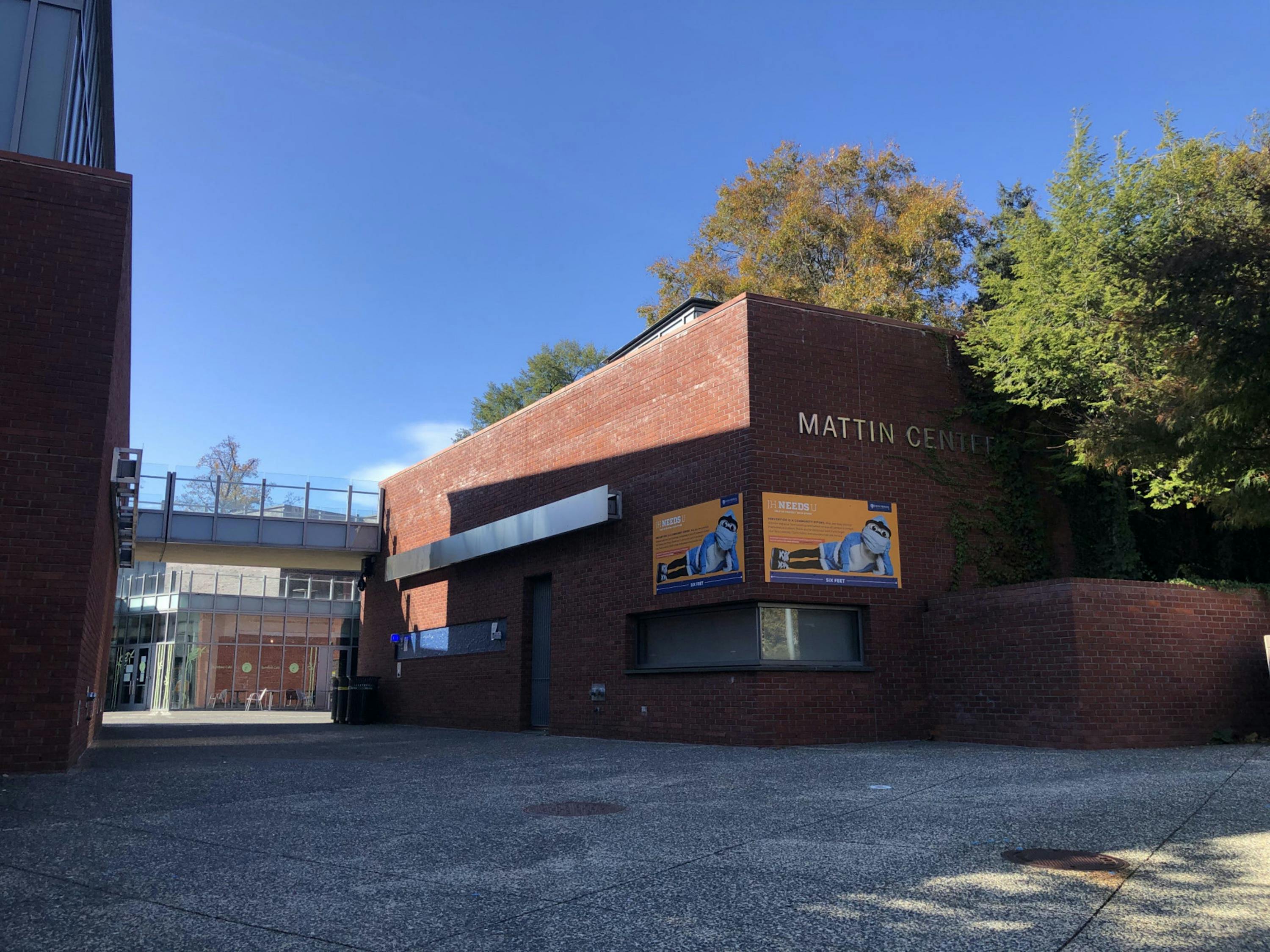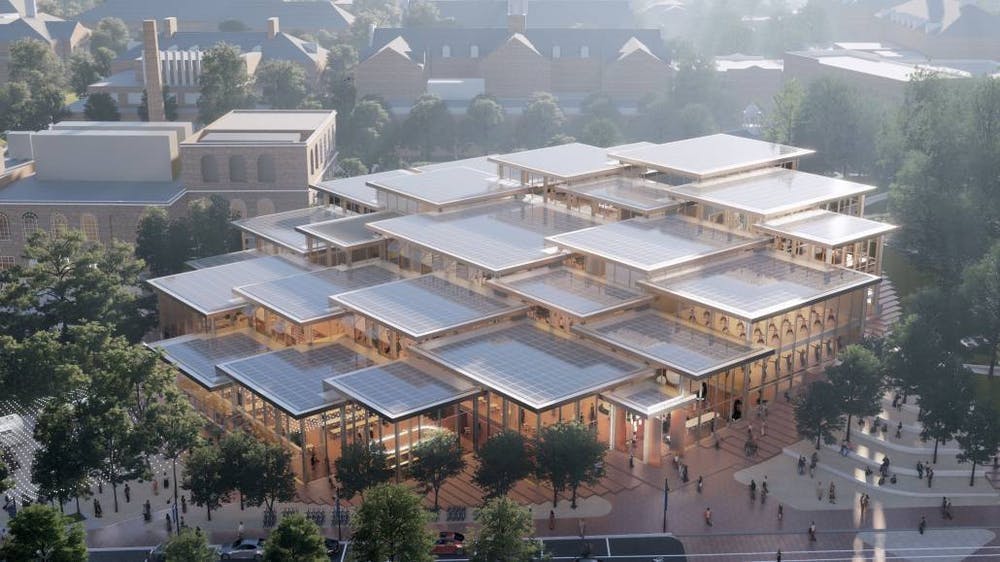Over the past year, The News-Letter’s News & Features section has published approximately 250 articles. Even for Hopkins, that’s a lot of homework if you want to get caught up on campus current events.
To save you some time, I’m here to catch you up on the need-to-know student talking points, from brand-new COVID-19 guidelines to centuries-old census records.
Changing COVID-19 guidelines and hybrid semesters
“I just hope that any student who is still convinced that they’re young and it won’t affect them... [will] reconsider their daily actions, since it impacts everyone in Hopkins and the surrounding community.” –Catherine Siu, Class of 2021
Since the beginning of the pandemic, COVID-19 guidelines have fluctuated wildly at the University, city, state and national levels. Most recently, the University has reinstated its mask policy, requiring masks inside its buildings and returning to social distancing requirements for indoor dining.
On the city level, Mayor Brandon Scott similarly reinstated Baltimore’s mask mandate on August 9.
From outbreaks to mandatory vaccination policies, the University’s reactions to the pandemic have been an obvious hot topic for students over the past year. To get the full timeline, check out the COVID-19 tag on jhunewsletter.com.
Mattin Center demolition and new student center
“As someone who’s in a lot of performing arts groups, Mattin is integral to the student organizations that I’ve been a part of... Being able to adequately replace what Mattin has been able to provide by itself would be very essential.” –Stephen Li, Class of 2021
Since 2001, the Mattin Center has been the hub of Homewood’s arts scene, featuring art studios, practice rooms for musicians, dance spaces, the Digital Media Center and Swirnow Theater. Now, the area is being torn down to make room for a new student center, which should be finished by fall 2024.
Student reactions to this decision have been mixed. While much of the student body is excited to finally get a real student center, those involved in the arts are concerned that the University will not properly replace what Mattin Center offered. Look out for construction at the intersection of 33rd Street and Charles Street.

FILE PHOTO
The Mattin Center, pictured from last spring, is currently undergoing demolition to make room for a new student center.
The Johns Hopkins Police Department (JHPD)
“The importance of establishing a University police department is based on numerous benefits to the Johns Hopkins community... Most of our peer institutions and the vast majority of public universities already have university police departments with armed law enforcement officers.” –Susan Ridge, former vice president for communications
In 2018, University President Ronald J. Daniels announced the University’s intentions to create a private police force to increase public safety on and around its campuses.
Since the beginning, this plan has been highly controversial amongst the student body and surrounding communities, with debates sparking a weeks-long sit-in and reaching as far as the Maryland Congress.
Following the George Floyd protests, the University delayed its plans to instate the JHPD for two more years, disbanding the Police Accountability Board. While the current timeline is unclear, the University still intends to eventually move forward with its private police force.
Johns Hopkins: potential slaveholder?
“These newly discovered census records complicate the understanding we have long had of Johns Hopkins as our founder.” –University President Ronald J. Daniels
Last December, the University discovered new evidence linking founder Johns Hopkins to slaveholding. Old census records revealed that Hopkins had probably enslaved at least four Black people in 1850 and one in 1840. This contradicted the University’s traditional narrative that Hopkins had been an avowed abolitionist.
However, more recent research has challenged the validity of this evidence, making it unclear whether or not the University’s founder actually owned enslaved people.

















